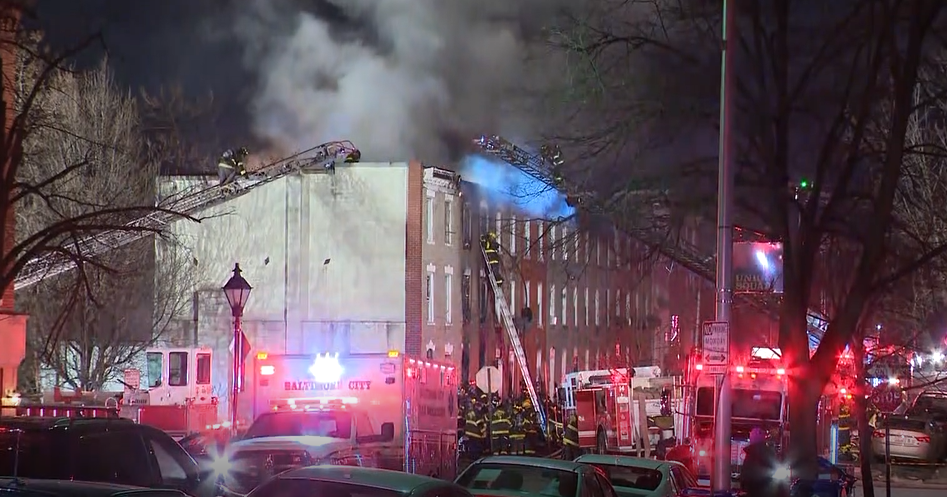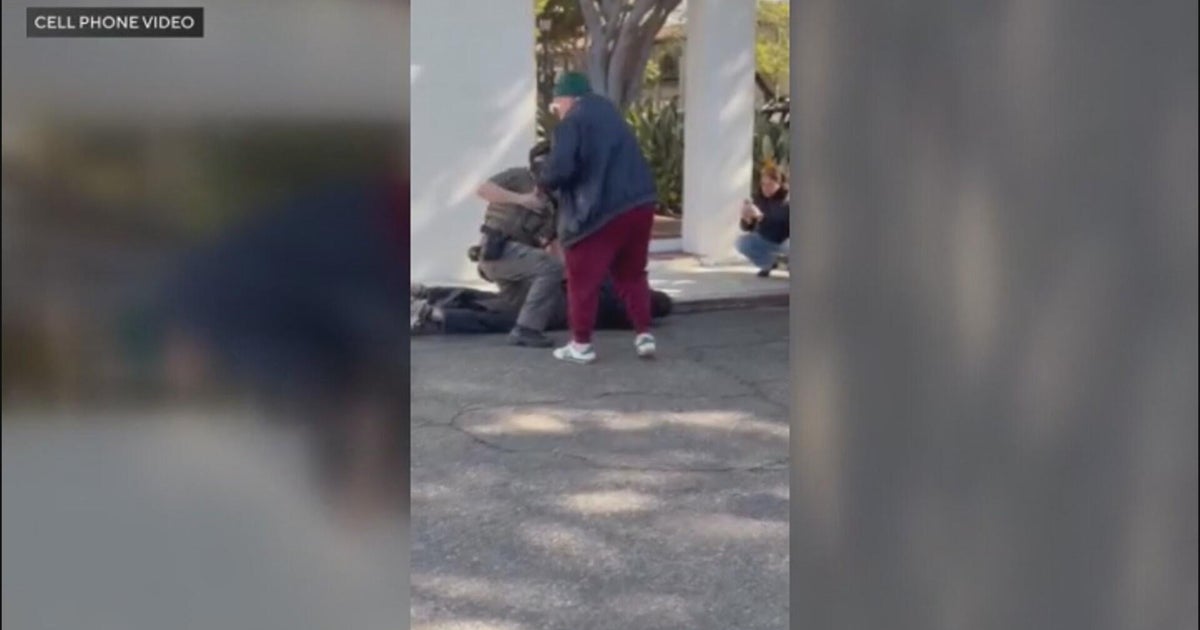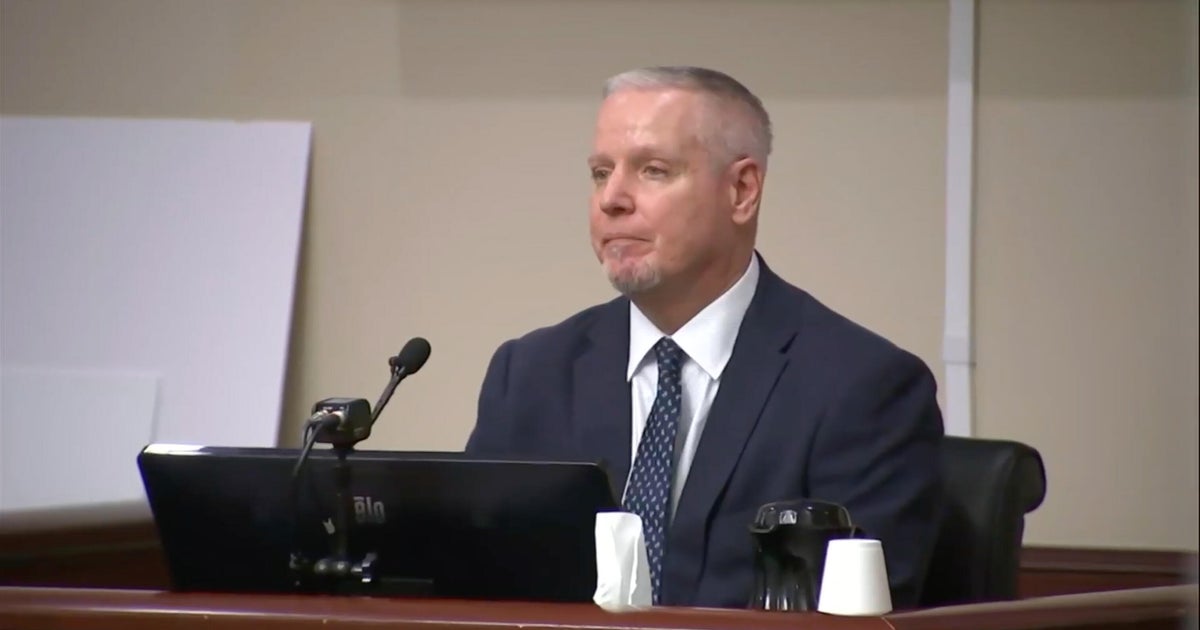U.S. Judge In Md. Dismisses Suit Over Hotel Bombing
WASHINGTON (AP) -- A federal judge in Maryland has dismissed a lawsuit that accused Marriott International of a slow response to a suicide bomb attack that killed more than 50 people at a Pakistan hotel.
The lawsuit was brought last June by the family of Albert DiFederico, who was among the victims of a Sept. 20, 2008 terrorist attack at a Marriott hotel in Islamabad. The Virginia man was in Pakistan at the time as a civilian contractor for the State Department. The wrongful death claim alleged that Marriott was negligent in defending the hotel against terrorist attacks and in responding to the bombing.
U.S. District Judge Roger Titus dismissed the lawsuit last week, saying Pakistan was the appropriate country for the case to be heard. The judge said the case would have required the testimony of Pakistani citizens, many of whom do not speak English and would have required expensive translation services, and that he lacks the authority to force them to appear as witnesses in Maryland.
"It would be burdensome to have members of a jury hear evidence regarding a terrorist attack that has little to do with this forum other than the fact that Marriott's headquarters is in Maryland," Titus wrote in dismissing the case.
Marriott is based in Bethesda, Md., near Washington. The plaintiffs are DiFederico's wife, Mary, of Chantilly, Va., and
three sons.
Andrew C. Hall, a lawyer for the DiFederico family, said he planned to appeal the judge's decision.
"We think that it is unacceptable to take an American who has lost his life in a terrorist bombing and require his family to go back to that same location," Hall said Monday.
An email to a Marriott spokesman was not immediately returned.
The attack began when a dump truck filled with mortar bombs and shrapnel entered the driveway of the hotel. The explosives malfunctioned, but a second explosion seven minutes later in the rear of the truck proved deadly, igniting a fire that destroyed the hotel and killed more than 50 people, including DiFederico, and injured many more.
Lawyers for DiFederico's family argued that hotel employees failed to take action during that seven-minute window, saying they neglected to evacuate guests and warn them that their lives were endangered after the initial detonation. The lawyers said Marriott should have known that the hotel could be a terrorist target by virtue of its location in Pakistan and because it had been targeted before.
Marriott had argued that the Islamabad hotel was a franchised hotel owned and operated by a separate independent company and that Marriott was not in control of the security procedures. That franchisee had its own security company, and was solely responsible for safeguarding the hotel, Marriott said. The hotel chain said the suit should have been brought in Pakistan because the attack occurred on foreign soil and at a hotel that was owned and operated by a Pakistani corporation.
Hall said he and his clients don't want to travel to Pakistan to pursue the case because of concerns about their safety. But the judge said the fear of violence alone was not enough to make Pakistan an unsuitable venue for the lawsuit.
"I cannot recommend that you go into harm's way in order to basically get access to a Pakistani courtroom," Hall said.
(Copyright 2012 by The Associated Press. All Rights Reserved.)







